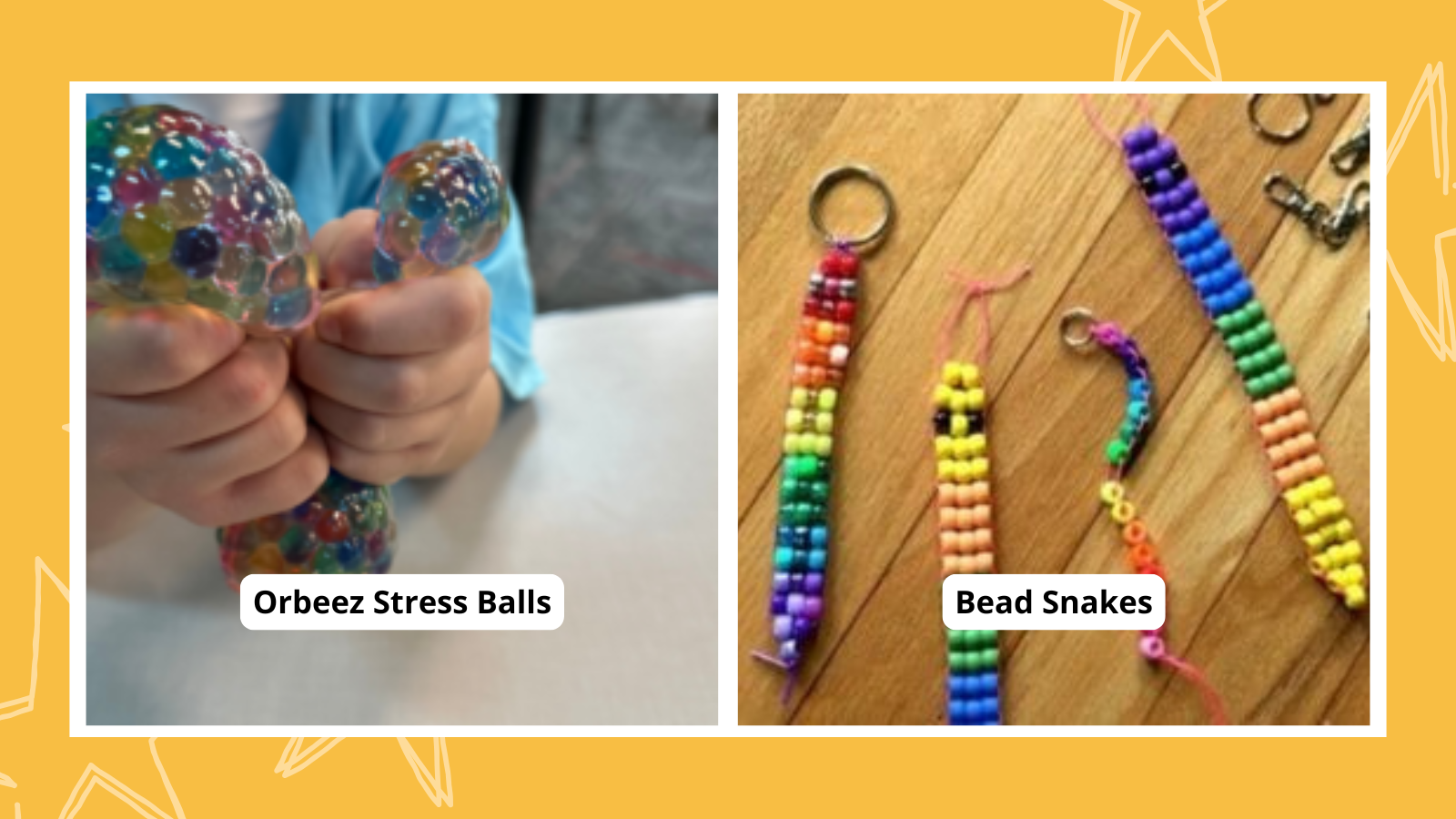7 Conversational Habits That Reveal Someone’s True Character
You can tell a lot about someone after a few conversations. Are they inconsiderate, insecure, obnoxiously competitive, self-centered, overly sensitive, or just plain mean?

You can tell a lot about someone after a few conversations. Are they inconsiderate, insecure, obnoxiously competitive, self-centered, overly sensitive, or just plain mean?
If they’re any of the above, they’ll drop subtle hints — the kind where you look back and think, “Oh, how did I not see it from the beginning? The signs were there.”
The warnings register as flickers of unease. You can sense something off, but you can’t quite pinpoint it, so you brush it aside. Months, even years later, you shake your head and wonder how you were so blind to what now seems so obvious.
As a mostly quiet but curious person, I’ve spent many years listening for these nuances in conversation — the subtle warning signs that indicate potential trouble. The truth is, all of us commit conversational faux pas’s from time to time. But when you come across someone who commits these misdeeds consistently, it gives you a good indication of their character.

1. They name-drop obsessively.
Name-dropping is the practice of naming famous or high-ranking people in a way that communicates you run in the same circles as them. The name-dropper may or may not know the person in question. When they don’t, they rarely lie about it. Instead, they allude to a connection.
It was a wild party. Elon Musk told a few jokes. I never knew he was so funny.
We’re supposed to conclude that this person attended the party in question and met with Musk. And if you question them, they deny it, stating they never made an explicit claim.
Even when name-droppers do know a famous person, they still miss the point. Nobody gives a shit. For most of us, by the time we reach our early twenties, we no longer lose control of our bowels at the mention of a celebrity or hero. For those who continue this display in their thirties, forties, and beyond, it’s comically sad.
Name-droppers aren’t bad people, just annoying and probably deeply insecure. They’re trying to project an image of themselves without realizing their image is a story others create about them, not a fiction they create and present to the world.
2. They monopolize conversations with self-promotion.
For nearly ten years, I had a friend who boasted about his successes, exaggerating them so much, barely a speck of truth remained. He liked to hang out with me because whenever he bragged about his awesomeness, I’d acknowledge it just to placate him. Eventually, I tired of it, and he disappeared from my life. My only regret is playing along for so many years.
Most adults understand that boasting about their accomplishments turns people off, so they restrain themselves or wait for an appropriate queue.
Serial self-promoters constantly hype themselves regardless of the situation. Like my former friend, they hang around people who acknowledge their superior status and ditch those that refuse to bend a knee.
3. They’re in it to win it.
During my short and miserable stint on Wall Street, I dealt with assholes who approached every conversation as a competition. When they engaged in a discussion, they were in it to win it.
Their tactics often took the form of one-upping. No matter your accomplishment, big or small, meaningful or not, they always shot back with a slightly more impressive claim.
When one-upping didn’t work, they turned to probing-questions in an attempt to catch me in a contradiction; they loved to wag their finger, pointing out the tiniest holes in logic, reasoning, even grammar. And when that failed, there was always the random insult to close out a conversation.
4. They’re oblivious to your existence.
The cool yet self-absorbed oblivious friend. It’s a common trope in sitcoms because it’s so prevalent in the real world.
They chat away, obsessing over themselves, tuning out everyone in their presence, and indulging in extended navel-gazing. Every so often, they ask a question without paying attention to the answer. Hmm. Their question must have been rhetorical, not directed at me.
When you’re in conversation with someone like this, you feel like an accessory —a prop they keep around to complete their look but dispose of when it no longer serves a purpose.
5. They trash-talk friends behind their backs.
Kim, Sarah, and I were coworkers and close friends, though we rarely hung out as a trio due to work schedules. Whenever I got together with Kim, she’d always trash-talk Sarah. At first, I attributed it to a natural rivalry between two friends who also competed as peers.
Months later, Sarah and I started dating, and she told me Kim used to trash-talk me all the time. I should have known. People who bad-mouth their friends behind their backs will almost certainly do the same to you when you’re not around.
Bad-mouthers will continue their behavior for as long as it benefits them. Cutting them off might wake them up.
6. They shame you with backdoor insults.
Who hasn’t fallen into the trap of delivering sarcastic, condescending, or patronizing comments? In their lighter forms, subtle jibes like these take the form of playful banter when it’s between friends and understood to be a joke.
But more often, it’s hostility clothed in humor.
On the dark end of the continuum, sarcasm, condescension, and patronizing attacks can descend into the kind of vitriol that’ll have you pacing back and forth in a dark basement, wondering whether you deserve a shot at life. I don’t know if people who behave this way derive pleasure from it, lack impulse control, or a combination of both, but it doesn’t matter.
Relationships and friendships with people who employ this conversation style will relegate you to little more than a punching bag.
7. They set you up for a takedown.
While out for a run with a few other folks, we got to talking about pets. One of the runners in the group started talking about her cat. To keep the conversation going, I asked about her cat’s name and breed. I replied, “Interesting name.”
Perhaps my tone gave the wrong impression, but she blew up at me in an almost gleeful tirade about my vicious statement. I felt awful about it, but even the others in our crew found her reaction puzzling.
It’s more than being thin-skinned. They seem to take pleasure in the takedown, almost setting you up to shred you into pieces. It gets to the point where you’re afraid to speak in front of them.
Nobody gets through life without committing gaffes like these every so often, so don’t draw hasty conclusions. But a consistent pattern can foreshadow challenging times for your interpersonal relationships.









